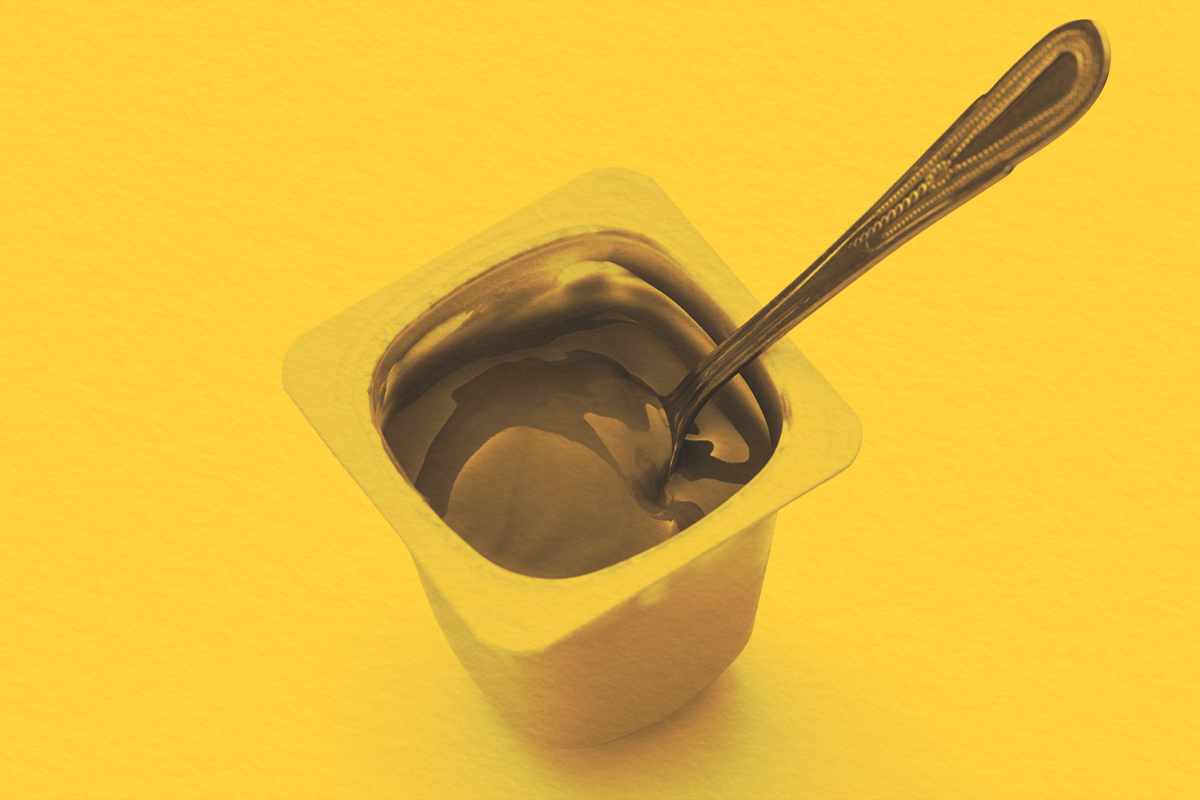
In a literal sense, “buttering someone up” may be the perfect solution for a ring stuck on their finger or a hand caught in the pickle jar. But outside of those rare cases, the phrase is used figuratively. “To butter someone up” means “to flatter or praise someone” as a method of gaining their help or support. The idiom’s origins are tough to pin down, but let’s travel back to the 17th century to glean a better understanding.
In a 1662 religious work, The Crown and Glory of Christianity, the slippery nature of butter is a vehicle for deception: Flatterers “oil their tongues and… butter their lips, so that by their smooth, soft speeches they may the more insinuate themselves into men’s minds.” A 1737 citation in The Universal Etymological English Dictionary reads, “to butter, signifies also, to cheat or defraud in a smooth or plausible manner.”
We can metaphorically tie butter and deception via their slippery natures, but there’s no conclusive evidence as to why “butter” was used in this context. According to Dictionary.com, it’s possibly based on the idea of tasty buttered bread. “Buttering” may whet someone’s appetite for whatever you’re trying to convince them of.
It wasn’t until the late 18th century that the preposition “up” appeared alongside “butter” to create the now-common idiom. The Oxford English Dictionary points to an early citation from 1798: “We must butter him up with kind looks and civil speeches until he signs the deed.” But why “up” rather than “down” or “over”? For the same reason we say “doll up” or “spruce up” — it’s a widespread grammatical convention in English.

















